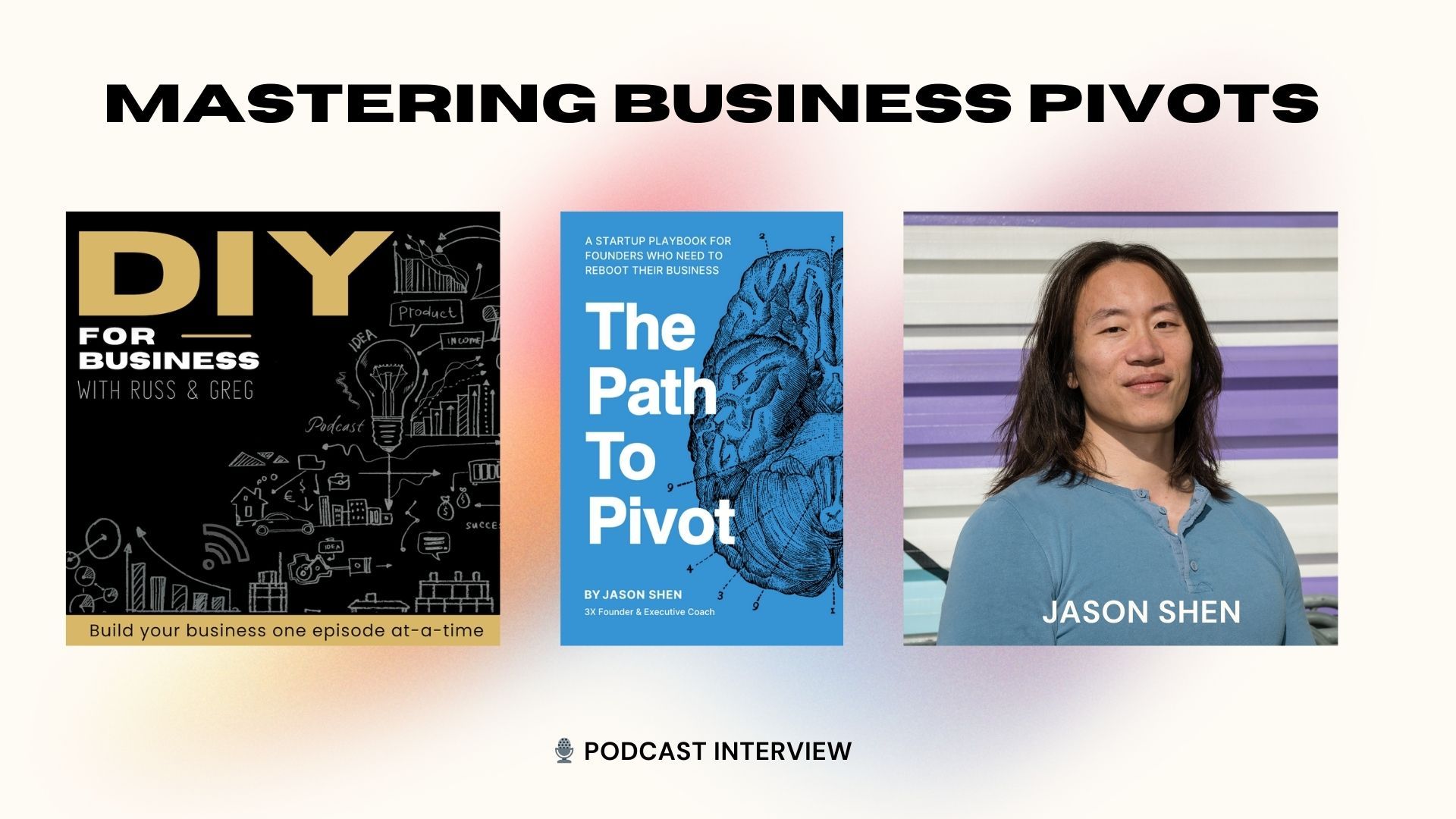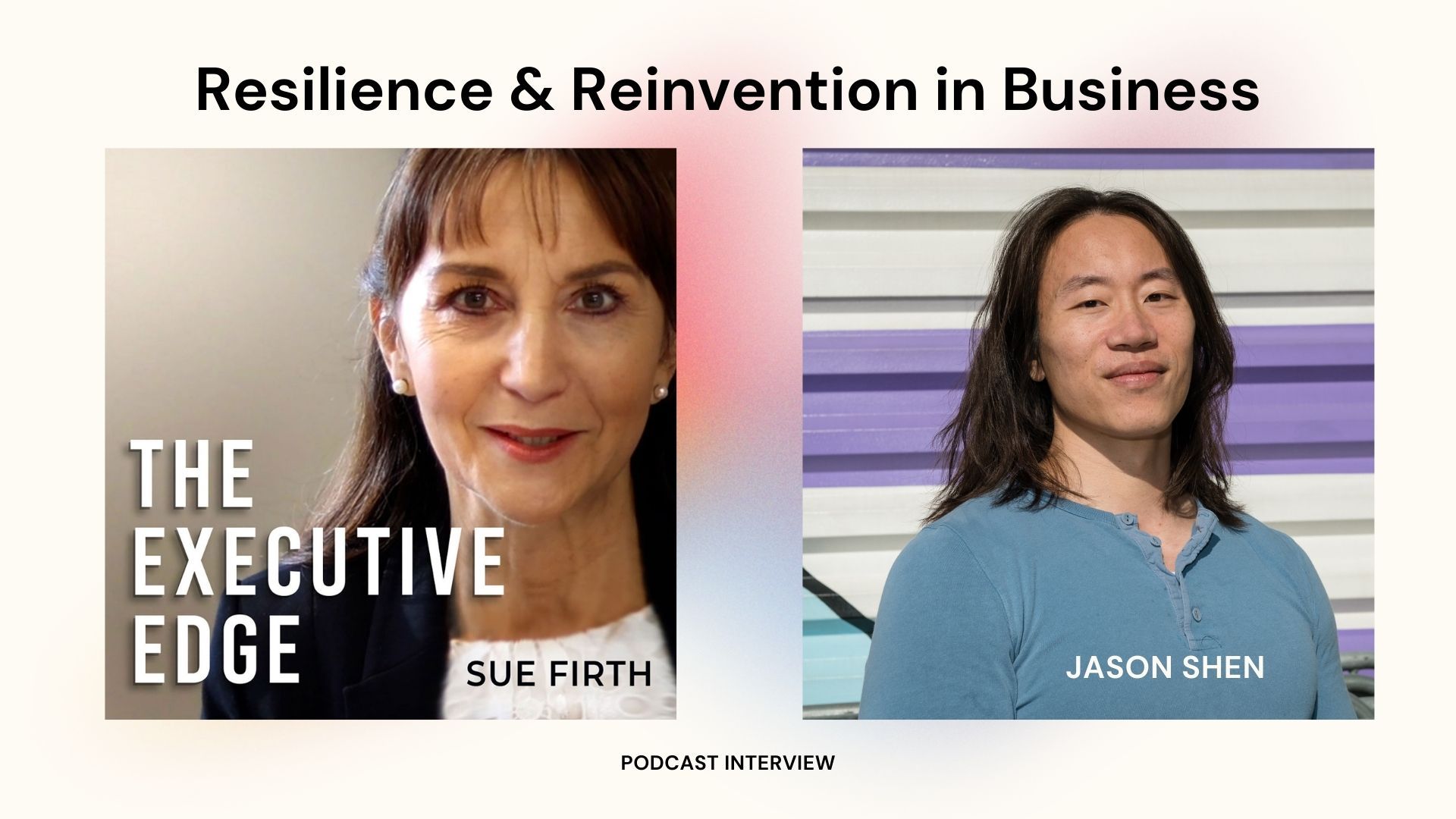One of my dad's favorite home decorations was a dark brown wooden board that said, "No complaining." Or maybe it was "No whining."
In any case, after immigrating to the United States and escaping the Cultural Revolution in China, my parents were keenly aware of how much worse life could really be. How their lives and schooling were interrupted, how Dad was sent away to a rural labor camp where there was no heat in the winter and his toenails became thick with fungus from standing in muddy rice fields.
Top marks in the national collegiate entrance exams and an acceptance into Boston University opened the door for Mom and Dad to come to the United States.
Making Do
They scrimped, saved, and labored over the years carve out a middle-class life for our family. I don't think I complained more than the average kid. I was reasonably content with what I had. But if I asked for resources beyond what was deemed necessary (whether that was more allowance, more TV time, or computer access), my dad would push back.
He'd ask me to demonstrate what I could accomplish with what we already had and explain precisely why I needed something more. This ingrained in me a sense of resourcefulness and scarcity. We had enough, but not an abundance. Anything more required sacrifice.
This motto of "No complaining" meant being grateful for what you have. Knowing it could be worse. And figuring things out on your own, without an attitude.
For the most part, this is a constructive attitude to have. The attitude of an immigrant. Of a team player. Of a survivor.
Stretching Dollars in Your Startup
As an entrepreneur, I embraced some of this mindset, for better or worse. Despite the many high-flying rounds of funding you would often see in the news (RIP 2015-2022), the vast majority of startups are incredibly cash-strapped and need to stretch every dollar.
You have to make the most with what you have, then prove you deserve more before going out to raise more funding. Every dollar must be spent as if it's the last. Fundraising is a major event requiring enormous proof that your business is worthwhile.
This meant: use the free plan for as long as you can, make new accounts if you have to. Look for credits and discount codes and ask friends to hook you up with deals. Eat at Costco. Never pay full price. Do it yourself.
No complaining is baked into the ethos of early-stage startup life. Because you don't have to do it—you get to. But this attitude has its drawbacks.
The Squeaky Wheel
At Facebook, if I didn't complain, if I didn't call out that our team was not properly staffed and resourced to hit our goals, then I wasn't doing my job. As a product manager, its your responsibility to speak up when your team needs more.
Too often, my mindset was more of "We can make it work with what we have. It'll be a little messy, but good enough." I didn't want to take up too much space or be too demanding. But that was a mistake.
I should have clearly stated that our project needed more resources to maximize its success and capitalize fully on the opportunity. It was my manager's job to then go fight for those resources based on my testimony. When I did advocate strongly, I was praised for it. Even the intense design manager thanked me in a 1:1 call, saying I had made it easy for him to get what my team needed, so we could blow our project out of the water.
Not every company has this mindset, but part of an effective leader's job is determining where resource gaps exist and filling them so teams can achieve results. A culture of no complaining can prevent resources from being directed to the right places—and even lead to worse decisions.
Hard Truths
I recently advised a client who was being pressured by his CEO to increase the targets and goals of their annual plan. My client's team was hesitant to raise the bar because in the last planning cycle, targets were raised last-minute in a tops-down decision by an outgoing leader. Now the org was off-track on their goals and would not receive any end-of-year performance bonuses, and not happy about it. My client's people understandably wanted a repeat of last year.
A culture of "no complaining" meant bad news or problems didn't always reach the CEO's ears. Remaining silent out of a desire to avoid "complaining" or protect egos often backfires. Don't assume the problems are well-known. Everyone is busy and distracted, including leaders, and things slip by.
In the right circumstances, sharing hard truths and challenges is not complaining - it's providing crucial perspective to enable growth. A "no complaining" culture can discourage the transparency and candor needed for an organization to reach its potential. Of course, complaining just to vent frustration is unproductive. But when done with care for a constructive purpose, speaking up pays dividends.
The Art of the Kvetch
I've noticed cultural differences in attitudes towards complaining as well. In the Chinese culture I've been exposed to, openly critiquing those in power or the status quo is often considered impolite—implying the hierarchy failed you in some way. Complaining can be seen as a threat to social harmony.
Whereas what I've seen of Jewish culture, lively debate, complaints (aka kvetching) and questioning of authority is more accepted. This is not just my opinion, there's linguistics research on it! The complaints are aired openly, discussed vigorously. There is often a greater willingness to entertain criticism, believing it can lead to better outcomes.
These cultural norms underscore broadly differing worldviews. Is ours a static world of limited resources where complaining takes from others? Or an abundant, dynamic world where vocalizing concerns can help us collectively thrive? Are we lucky to have it so good? Or should we remember how we've been unfairly treated?
What Kind of Pie?
Perhaps the way we think about complaints comes down to how we see the availability of resources. My father's China was a world of limited opportunity, of fixed roles and possibilities. The West has long represented unlimited upside, an ever-growing pie that theoretically anyone can get a piece of. If resources are finite and fixed, complaining takes from others. But if the world is expandable, complaints can lead to better outcomes for all.
To complain, I once heard, belies a belief in improvement and higher standards of treatment. That things could be better, ought to be better. The chants of the activist, the stump speech of a contender politician, the funding pitch of an entrepreneur all share something in common: they express dissatisfaction with the status quo and call for resources to make change.
And look, technically the pie is fixed in terms of the energy resources and raw materials on our planet. But practically speaking, our economy and planet still have untapped potential. With our slowing population growth and ongoing innovations in solar, nuclear, and fusion mean that we still very much can live in a zero-sum pie.
With the right mindset, complaining can be recast not as an act of greed, but as a catalyst for creativity, innovation and collective growth. My dad's "no complaining" rule ingrained useful values for our early life, but perhaps went too far.
A degree of healthy complaining keeps us from complacency, challenges existing limits and drives societal progress. With care and wisdom, even complaints can help build a world of greater abundance.
—Jason

Recent Issues



Recent Podcasts





